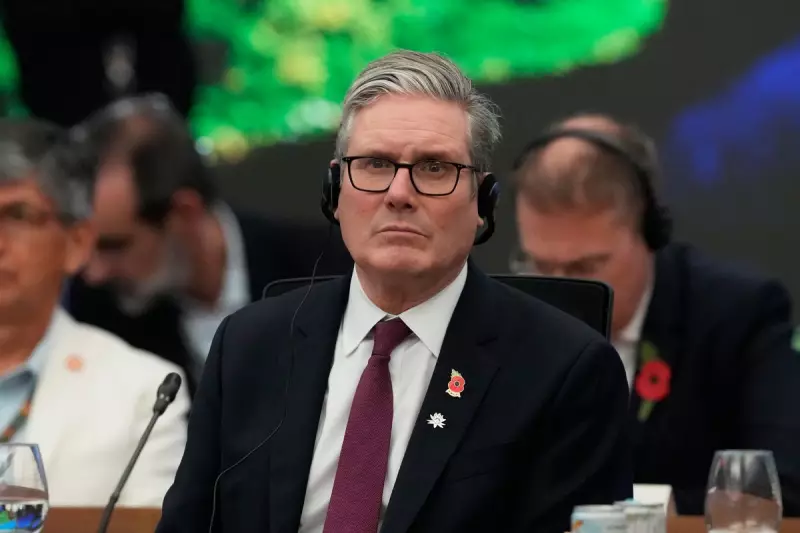
The United Kingdom's reputation as a global climate leader is under intense scrutiny at the COP30 summit in Belém, Brazil, with many observers expressing deep disappointment at the nation's seemingly lacklustre performance.
Financial Retreat and International Criticism
A significant early setback for the UK delegation was its failure to contribute to Brazil's flagship Tropical Forest Forever Facility (TFFF). This massive investment fund is designed to provide annual payments to nations for forest conservation. While Norway pledged a substantial $3 billion, the UK, grappling with cuts to its overseas aid budget and an impending domestic Budget, offered no financial commitment.
The criticism extends beyond forest funding. In the core negotiations, which are heavily focused this year on financing for climate adaptation in developing nations, the UK has so far refrained from making any new commitments. Debbie Hillier of Mercy Corps noted, "The UK is being tight-lipped at this COP on anything around financial obligations, because of domestic concerns with the budget in 10 days time."
This stance represents a dramatic shift from the UK's role at COP26 in Glasgow, where it was instrumental in brokering a deal to double climate adaptation finance by 2025. Now, the 44-strong Least Developed Country group is pushing for a new target to treble this aid by 2030, a goal the UK has not yet supported.
Awards for the Wrong Reasons
Compounding the negative perception, the UK was awarded the dubious "fossil of the day" by the Climate Action Network (CAN). The award came after the UK refused to back a new mechanism for a "just transition away from fossil fuels," intended to support communities dependent on oil and gas industries.
Although other wealthy nations like Japan and Canada also blocked the move, a CAN spokesperson stated the UK particularly "stood out for blocking progress." The spokesperson added, "It takes a special kind of irony to tell developing countries they don't 'need' support – in a Cop session about fairness and co-operation."
Internal Voices and Justifications
Despite the external criticism, some UK politicians at the conference defended the country's presence. Anneliese Dodds, the former Secretary of State for International Development, pointed to the scale of the UK delegation. "The UK is here in force: Starmer was here, engagement from the royal family, a huge number of UK businesses here, and UK NGOs bringing a huge amount of expertise too," she insisted.
Labour MP Uma Kumaran echoed this, stating, "We have one of the biggest delegations here, our climate scientists and climate experts are game changers." She also justified the decision not to fund the TFFF, arguing it was not the right time "to ask the British public... to put money in it."
However, when questioned by The Independent, Ms Dodds reiterated her criticism of the government's decision to cut the aid budget from 0.5% to 0.3% of Gross National Income and redirect spending towards defence. "I didn't believe that we could deliver the greater security we need for our country through cutting the aid budget," she said.
Ms Kumaran suggested that progressives must better communicate the urgency of the climate crisis to the British public, linking issues like climate-driven migration to domestic concerns such as immigration. "We need to show people that the reason people are upping and leaving their countries is because extreme weather means land is not suitable for farming any more," she explained.
While Ed Miliband, the UK Climate Secretary, voiced support for a global roadmap to transition away from fossil fuels, his words were overshadowed by the UK's diminished influence. Mariana Paoli of Christian Aid summarised the sentiment: "There’s no doubt that the UK has lost credibility on the world stage after it slashed its aid budget earlier this year." She concluded that a strong commitment to public finance for adaptation in Belém is crucial for the UK to begin rebuilding its tarnished reputation.





